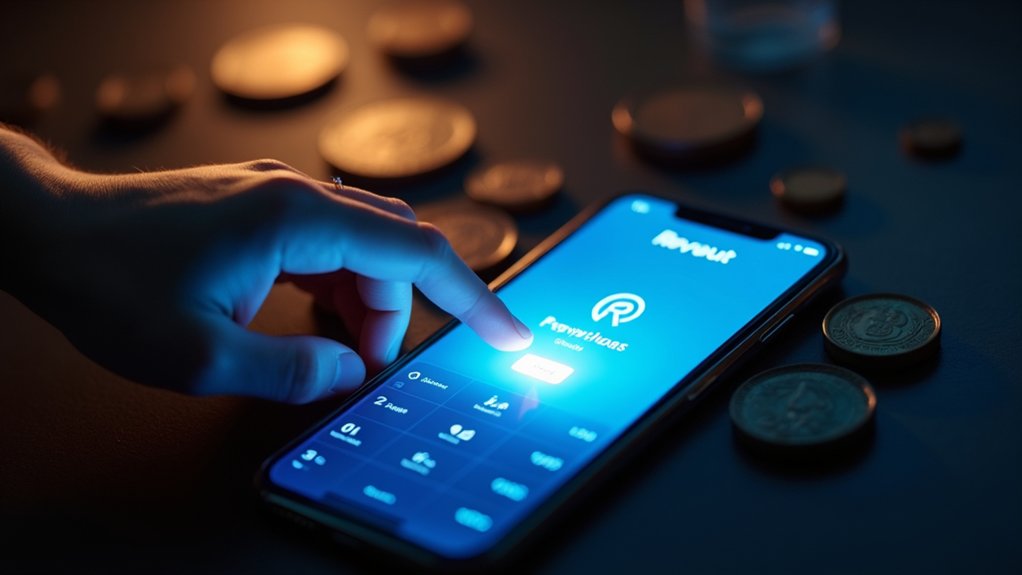While other nations wrestle with the existential question of whether cryptocurrency deserves a seat at the regulatory table, South Korea has characteristically decided to skip the philosophical hand-wringing and dive headfirst into thorough digital asset legislation.
The Financial Services Commission and Financial Supervisory Service established a joint task force in 2025, collaborating with the Digital Asset eXchange Alliance to craft extensive crypto lending guidelines. This regulatory framework addresses leverage limits, user eligibility requirements, and risk disclosure protocols—a response to exchanges like Bithumb permitting 4x collateral borrowing and Upbit enabling loans up to 80% of asset value. Such astronomical leverage ratios would make traditional banking regulators reach for their smelling salts.
Leverage ratios that would make traditional banking regulators reach for their smelling salts demand comprehensive regulatory intervention.
What distinguishes South Korea’s approach is the simultaneous mobilization of its banking sector. Major institutions including Woori and Shinhan are establishing dedicated entities for digital asset issuance and management, positioning themselves for an inevitable crypto-integrated future. These banks, previously constrained under the Moon administration’s ICO restrictions, now operate within President Lee Jae-myung’s decidedly crypto-friendly environment.
Multiple National Assembly committees are reviewing reforms designed to eliminate regulatory ambiguity while stimulating industry growth.
The regulatory architecture encompasses mandatory AML/KYC requirements for virtual asset service providers, compelling registration with financial authorities and robust customer verification protocols. Exchanges must report suspicious activities to the Korean Financial Intelligence Unit while maintaining Korea Internet Security Agency certifications. Notably, local financial institutions are specifically prohibited from hosting Bitcoin futures transactions, reflecting the government’s cautious approach to derivative trading in the cryptocurrency space.
Real-name account verification linked to crypto exchanges eliminates anonymous transactions—a transparency measure that would be revolutionary in jurisdictions still debating basic cryptocurrency definitions.
Perhaps most intriguingly, cryptocurrency transactions currently exist in a taxation limbo, neither classified as cash nor financial assets, resulting in temporary tax-free status for crypto gains. The Ministry of Strategy and Finance contemplates introducing taxation frameworks, though discussions have meandered since 2022 without definitive resolution. The country’s crypto adoption continues expanding rapidly, with 9.7 million South Koreans already using crypto exchanges by the end of last year.
South Korea’s extensive approach—encompassing regulatory clarity, banking integration, security protocols, and systematic oversight—represents a calculated gamble that proactive regulation breeds innovation rather than stifling it. This forward-thinking stance becomes increasingly vital as market volatility remains a defining characteristic that continues to attract and repel global investors.
Whether this bold leap transforms banking fundamentally or merely accelerates existing digitization trends remains the trillion-won question, but the country has positioned itself as cryptocurrency’s most pragmatic laboratory.









